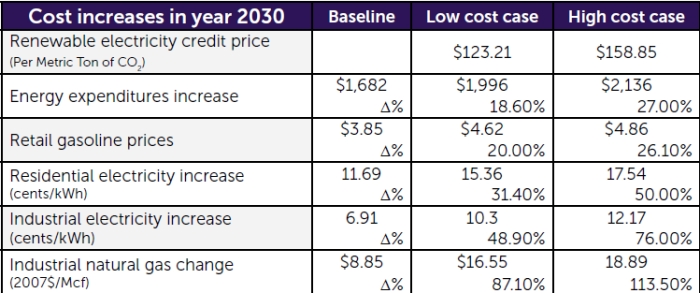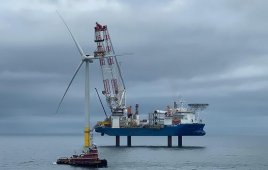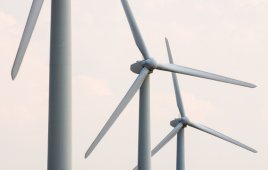Controversy has arisen around the House of Representatives’ approval of the American Clean Energy and Security Act (ACES) of 2009, also referred to as the Waxman-Markey bill. As you’d expect, many coal-powered utilities are taking a public stand against the bill which limits allowable carbon emissions, while firms with investments in carbon-neutral power production are big supporters. After much research and considering the effects of the ACES bill on the American economy and the environment, it is apparent that there is no right nor wrong side, no impending doom, nor heraldic solution – only winners and losers.
Many scientists are convinced greenhouse gases, such as CO2 and SO2, impact our environment by increasing average temperatures around the globe. However, CO2 and other greenhouse gases are vital to our planets entire ecosystem. A study published in the New York Times states that without greenhouse gases, global average temperatures could be some 30 Fahrenheit degrees lower than they are today. Hence, it is increasingly difficult to show that the excessive emissions of the 20th, and now 21st, centuries have either directly or indirectly led to the global warming we now experience. A review of historical climate trends shows global temperatures naturally fluctuating. Due to this fluctuation it is not conclusive whether global warming is due to man’s irresponsible contributions, such as greenhouse gas emissions, or whether the warming stems from natural phenomena. Still, it is hard to debate that excessive emissions are good for the environment.
Here’s where Henry Waxman (D-CA) and Edward Markey (D-MA) come in. They have devised a way to limit total U.S. carbon emissions by 2050 to 83% of 2005 levels. Great! The government will finally assist Americans in reducing their carbon footprint. Of course, it’s not that simple. Controversy arises in the very mechanisms of the bill – cap and trade.
The Waxman-Markey bill, or ACES, will set a cap on the amount of carbon emissions allowed in the U.S. throughout any given year. Renewable electricity credits (RECs) will be sold to electricity producers that use high-carbon emitting fuels, such as coal (which emits about 2,200 lbs of CO2 per MWh). At the same time, companies that produce power through lowcarbon emitting sources, such as natural gas (which emits about 1,100 lbs of CO2 per MWh), need not purchase RECs nor will they recieve extras. Finally, companies that produce electricity without emitting any CO2, such as wind and solar, will be given one REC per MWh produced.
The next step is where the problem balloons, the trade portion. After distributing the RECs to companies, those holding extra credits can trade them to those emitting excess carbon. The intermediary for this trading will be the worldwide commodities trading markets such as the New York Stock Exchange or the Chicago Mercantile Exchange. Here, investors are not interested in keeping energy prices low, nor are they concerned with lowering greenhouse gas emissions. They are not even interested in the economic effects their trading has on the energy industry. They simply wants to turn a profit. Trading does have its place, but too much trading can get out of hand. Recall the summer of 2008 when oil prices skyrocketed to $147/barrel due largely to investor speculation and greed. Because of this trade portion in the bill, the National Association of Manufacturers, in association with Science Application International Corp., expects as much as a 50% increase in consumer electricity prices and as little as 22% for industrial application by 2030. Other sources predict a more moderate outlook.
While you can debate the bill’s pros and cons, companies with an investment in wind, solar, hydro, and other carbon neutral energy sources will certainly flourish with the passing of the Waxman-Markey bill. Electricity producers will be scrambling to reduce their carbon emissions thereby decreasing their REC costs. Subsequently, wind-turbine OEMs will experience a boom in demand.
So when all is said and done, who are the winners and who are the losers? The losers will be those slow to invest in low carbon-emitting power sources. And winners: those involved in renewable energy.
Another topic to discuss is how ACES will impact consumers. Will we be losers paying upwards of an additional $1,800/year just because the law states that the old ways of producing energy is bad? Or will we be the winners, living in a rejuvenated and clean society free of harmful emissions? What do you think? For a more detailed information, including video discussions, visit my blog on the Engineering Exchange.
Filed Under: Policy








[…] bill, the American Clean Energy and Security Act, includes provisions for decreasing the emissions of greenhouse gases, but it does not support the […]